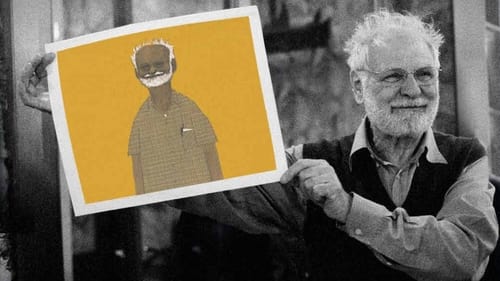
Editor
Love, hate, desire and jealousies are in the midle of a couple, that of Andrea and Fabrizio, who questioning the certainties of their relationship and their feelings.

Editor

Editor
In the summer of his nineteenth year, Giulio has decided not to go away: he will spend his vacation at home, helping his parents with their work in the vegetable garden. In the house next door, empty for some time, arrives Lia, a twenty-year-old girl. Giulio would like to get to know her, but she is sullen and introverted. One day Giulio is swimming in the lake and Lia plays at drowning him. Giulio is a regular guy, sensitive and polite to a fault. Attracted to her, he starts thinking about her day and night. Lia initiates him into strange and increasingly dangerous "games." The girl won't talk about herself though. She has told him she came alone to spend her vacation in the old family home, where she hadn't been since she was a child. But Lia has secrets to keep and won't let anyone set foot in the old and abandoned house.

Editor
Sixty percent of our body is made up of water and we also come from the water in the womb. An elderly woman dives into the sea and recovers her deepest 'I': herself as a child.

Assistant Editor
Goffredo Fofi does not want to be considered an intellectual but he has spent his life founding magazines, writing books, reviewing movies. The film portrays his tireless political and cultural work, his encounters with famous figures, the extra-parliamentary groups, ideological excesses, discovering new authors and directors. Social work as a political resource. The profile of a heretical intellectual and an extraordinary cultural organizer reveals a very critical view of Italian society, its power mechanisms, and the injustice that leaves a mark on it.

Editor
The main (super)hero of Beatrice Baldacci’s documentary is a person depicted as the sum of her memories. The story of the director and her family is told in the first person, with home VHS recordings that show both Beatrice’s mother and Beatrice as a child taking on the role of an agent of memory. Outdated technology transforms the events of twenty years ago into an archaeological object.

Editor




